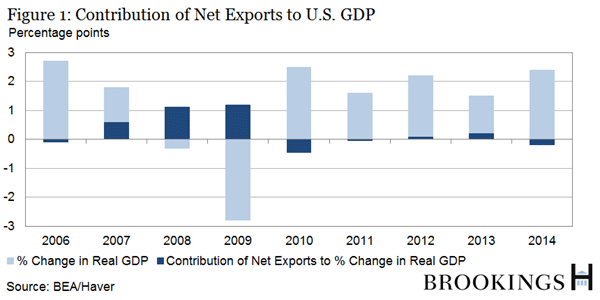When Political Risk Trumps Economic
The international media spent 2015 criticising South Korean President Park Geun-hye’s government and its policies, and the criticisms are visibly increasing in frequency. The topics range from history textbooks to excessive use of force by riot police, but they share one theme: serious concern for South Korean political democracy.




